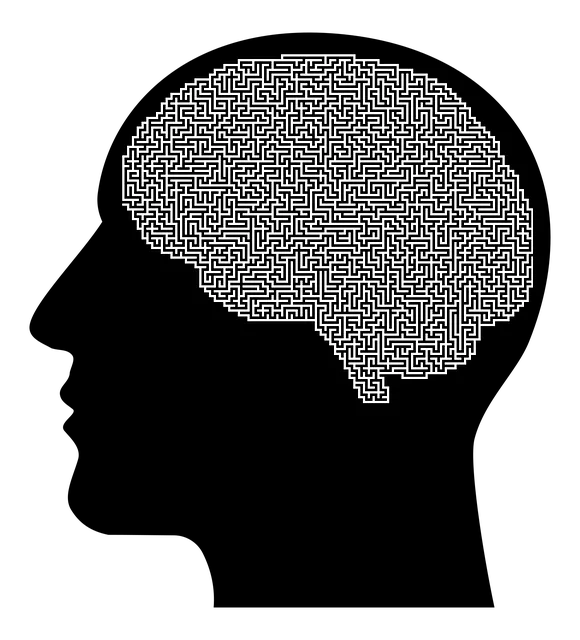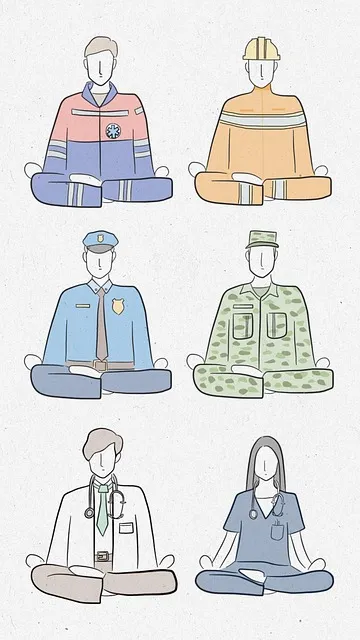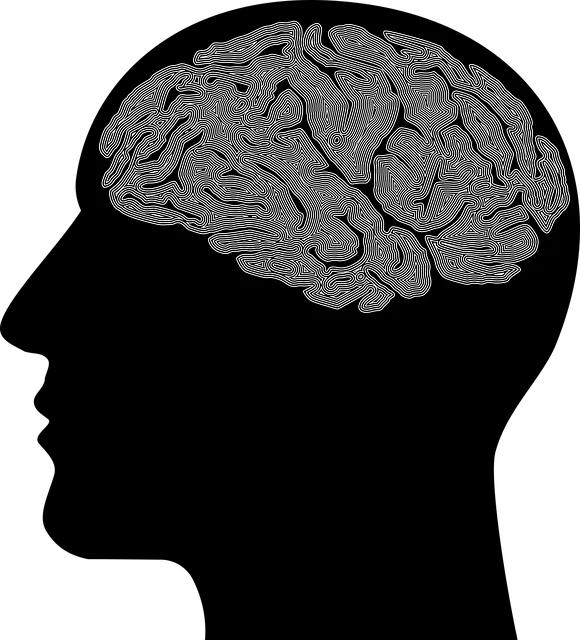Wheat Ridge Kaiser Permanente mental health locations prioritize stigma reduction to enhance access to care. Through educational workshops, peer support groups, and advocacy, they create an inclusive environment that tackles myths and judgment associated with mental illness. Person-centered communication and specialized training empower healthcare providers to engage sensitively with patients, fostering open dialogue and encouraging help-seeking behaviors without fear of discrimination. Success stories highlight the effectiveness of these strategies in improving patient outcomes and strengthening communities. Expanding such initiatives is crucial for cultivating a culture of understanding and support across mental health care settings.
Mental illness stigma remains a significant barrier to treatment, especially in community settings like Wheat Ridge Kaiser Permanente mental health locations. This article delves into the multifaceted approach to reducing this stigma, exploring its root causes and impact on individuals’ willingness to seek help. We discuss effective communication strategies for healthcare professionals, highlight successful programs at Wheat Ridge Kaiser Permanente, and provide insights into future directions for expanding stigma-free initiatives in the mental health landscape.
- Understanding Stigma: Barriers to Seeking Treatment at Wheat Ridge Kaiser Permanente Mental Health Locations
- The Impact of Stigma Reduction Efforts on Community Engagement
- Effective Communication Strategies for Mental Health Professionals in Combating Stigma
- Success Stories: How Stigma Reduction Programs Enhance Access to Care at Wheat Ridge Kaiser Permanente
- Future Directions: Expanding Stigma-Free Initiatives in the Mental Health Landscape
Understanding Stigma: Barriers to Seeking Treatment at Wheat Ridge Kaiser Permanente Mental Health Locations

Stigma surrounding mental health issues often acts as a significant barrier to individuals seeking treatment. At Wheat Ridge Kaiser Permanente mental health locations, understanding and addressing this stigma is crucial in encouraging people to access the support they need. The fear of judgment or societal ostracization can deter individuals from reaching out for help, leading to prolonged struggles with undiagnosed and untreated conditions.
Healthcare providers play a vital role in burnout prevention strategies that combat stigma. By fostering an environment of compassion and understanding, staff at Wheat Ridge Kaiser Permanente mental health locations can facilitate emotional healing processes. Incorporating mindfulness meditation techniques into therapeutic practices may also aid in reducing stigma by promoting self-care and helping individuals cultivate resilience against internalized negative beliefs.
The Impact of Stigma Reduction Efforts on Community Engagement

Stigma reduction efforts play a pivotal role in fostering community engagement and creating an environment where individuals with mental health challenges feel empowered to seek support. By tackling the pervasive stigma surrounding mental illness, these initiatives encourage open conversations, promote understanding, and dispel myths that often isolate people struggling with their mental well-being. This shift in societal perception is crucial for integrating individuals with mental health concerns into community spaces like those offered by Wheat Ridge Kaiser Permanente mental health locations.
Community engagement strategies, such as educational workshops, awareness campaigns, and peer support groups, have been instrumental in reducing stigma. These programs often emphasize the importance of emotional intelligence and cultural sensitivity in mental healthcare practice, ensuring that services are accessible and tailored to diverse populations. Moreover, by highlighting success stories and personal journeys of recovery, stigma reduction efforts inspire hope and encourage individuals to access Trauma Support Services, ultimately leading to stronger, more inclusive communities.
Effective Communication Strategies for Mental Health Professionals in Combating Stigma

Mental health professionals play a pivotal role in stigma reduction efforts. Effective communication is key to this strategy. At Wheat Ridge Kaiser Permanente mental health locations, practitioners are encouraged to use person-centered language that focuses on the individual’s experience rather than their diagnosis. This approach humanizes individuals with mental illness and fosters empathy within the community.
Additionally, integrating concepts from Mental Health Policy Analysis and Advocacy can help professionals navigate sensitive conversations around emotional regulation and stigma. By framing discussions around advocacy for better mental health policies, healthcare providers can engage community members in meaningful ways. Through these efforts, they contribute to creating a more supportive environment where individuals feel empowered to seek assistance without fear of judgment or discrimination, ultimately reducing the stigma surrounding mental illness.
Success Stories: How Stigma Reduction Programs Enhance Access to Care at Wheat Ridge Kaiser Permanente

At Wheat Ridge Kaiser Permanente mental health locations, stigma reduction programs have played a pivotal role in enhancing access to care. These initiatives focus on educating both patients and healthcare providers about mental illness, aiming to dispel myths and replace them with understanding and empathy. Success stories from these programs highlight their effectiveness. For instance, many patients who previously avoided seeking help due to fear of judgment or stigma, have now found the courage to take that first step towards recovery, thanks to the supportive environment fostered by these programs.
The implementation of Mental Wellness Coaching Programs Development has been particularly impactful, offering individuals personalized support to develop self-care routines for better mental health. Additionally, Healthcare Provider Cultural Competency Training has equipped staff with the skills to address cultural barriers and provide more inclusive care. These efforts collectively contribute to a more welcoming atmosphere, encouraging open conversations about mental wellness and ensuring that those in need receive the support they require without hesitation.
Future Directions: Expanding Stigma-Free Initiatives in the Mental Health Landscape

As we move forward, expanding stigma-free initiatives is crucial in the mental health landscape, especially at locations like Wheat Ridge Kaiser Permanente mental health sites. These efforts should be multi-faceted and inclusive, targeting various communities and sectors to foster a culture of understanding and support. One key direction involves integrating mental health policy analysis and advocacy into educational curricula, ensuring that future professionals are equipped not only with clinical skills but also with the knowledge to navigate systemic barriers and advocate for equitable care.
Additionally, training in conflict resolution techniques can be instrumental in improving interactions between mental health professionals and clients, thereby reducing potential triggers for stigma. Equally important is enhancing risk assessment practices among mental health professionals through ongoing education on identifying and managing stigma-related risks. By addressing these areas, we can create a safer, more inclusive environment that promotes recovery and reduces the isolating effects of mental illness stigma.
Stigma reduction efforts have significantly improved access to mental health care at Wheat Ridge Kaiser Permanente locations. By addressing barriers to treatment, engaging the community, and implementing effective communication strategies, these initiatives have fostered an environment where individuals feel more comfortable seeking help. Success stories from Wheat Ridge Kaiser Permanente demonstrate the positive impact of stigma-free programs, leading to enhanced patient outcomes. Looking ahead, expanding these initiatives across the mental health landscape will be crucial in creating a more inclusive and supportive system for all who struggle with mental illness.






